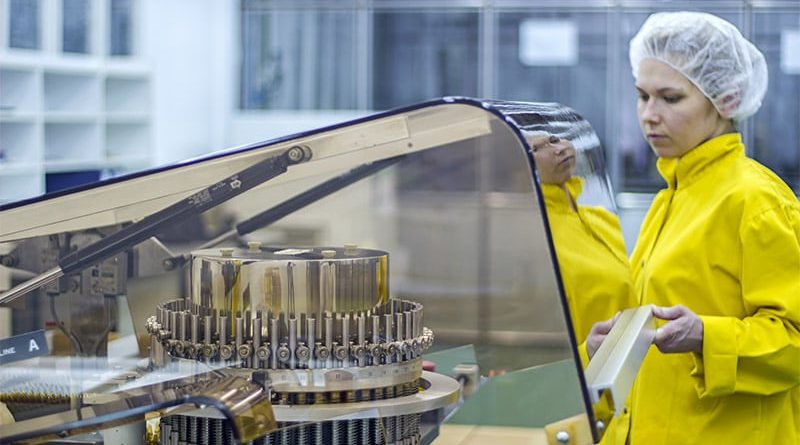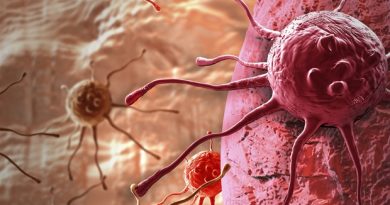Canada Contributes $15 Million to PAHO Vaccine Initiative
The Canadian government will contribute $15 million to a Pan American Health Organization (PAHO) initiative to increase vaccine production capacities in Latin America and the Caribbean.
Broadly, the monies will support training and technology transfer and strengthen regional value chains to enable the sourcing of vaccine manufacturing components. The funds will also help bolster regulatory systems and facilitate vaccine production. These initiatives are part of the PAHO Regional Platform to Advance the Manufacturing of COVID-19 Vaccines and other Health Technologies in the Americas.
“The COVID-19 pandemic exposed dependencies on imports and unequal access to medicines, vaccines, and essential health technologies in Latin America and the Caribbean region,” Geneviève Tremblay, MSc, a spokesperson for Global Affairs Canada, told Medscape Medical News. “Canada’s funding will contribute to regional efforts to increase the manufacturing of quality-assured, safe, and effective COVID-19 mRNA vaccines throughout the Americas.”
PAHO announced the funding on November 21. “We thank the government of Canada for this generous and timely contribution, which will be crucial in making the region better prepared for future challenges,” said PAHO Director Carissa F. Etienne in a statement.
“Supporting efforts to diversify and increase regional manufacturing capacity is a core pillar of Canada’s Global Initiative for Vaccine Equity (CanGIVE),” said Tremblay. The $200 million initiative, which was launched in June, is Canada’s response to the global call for support to roll out COVID-19 vaccines to priority groups, increase local demand, and scale up regional production capacity. It targets 13 countries and includes $100 million for UNICEF to build up vaccine logistics and supply chains and fund surge vaccine campaigns and programming aimed at increasing vaccine uptake.
For PAHO, the new funding will support the organization’s efforts “to build out vaccine development, know-how and production processes and capacities of institutions in countries like Brazil and Argentina, as spokes within the mRNA Technology Transfer Hub Programme, in partnership with the World Health Organization and Medicines Patent Pool,” said Tremblay. “In addition, PAHO will continue to provide technical cooperation for the development and implementation of multisectoral policies, generate useful information for decision-making, and promote multisectoral dialogue in the region.”
Furthermore, Canada recently announced an additional $15 million in funding directly to the mRNA Technology Transfer and Manufacturing Hub program, said Tremblay. This contribution builds on $15 million in Canadian funding announced at the G20 Summit in 2021 and will go toward the hub’s work for COVID-19 mRNA vaccines in South Africa; the development of second-generation mRNA technology and a pipeline for vaccines against COVID-19 and other diseases; and strengthening the capacity of manufacturing facilities in Senegal, Kenya, and Bangladesh.
“The concentration of vaccine manufacturing in a few countries and the reliance of low- and middle-income countries on global markets and mechanisms contributed to inequitable access in the early phases of the pandemic,” said Tremblay. “Equipping developing countries with the necessary medical technologies, training, and production capacity plays a key role in strengthening local health systems and promoting equitable pandemic preparedness going forward.”
PAHO declined to be interviewed or provide a comment on the funding.
Follow Marilynn Larkin on Twitter: @MarilynnL.
For more news, follow Medscape on Facebook, Twitter, Instagram, YouTube, and LinkedIn
Source: Read Full Article



